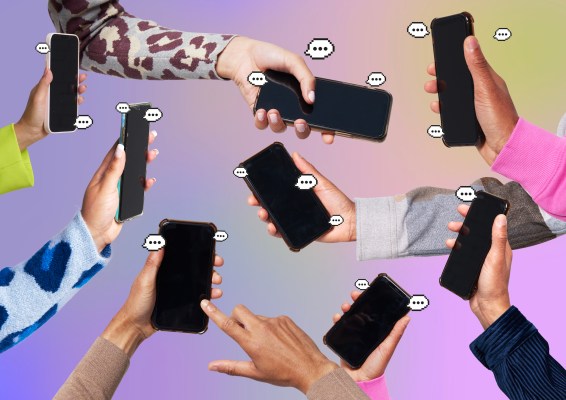Deal Dive: The future of social media is vertical

Discussions about what the future of social media might look like have become increasingly common over the last year. Elon Musk’s acquisition — and gutting — of Twitter, a slew of new social media startups, and Meta’s launch of Threads have made it clear that the next five years won’t look like the last.
But no one actually knows what social media will look like five years from now. Many startups like Mastodon, Bluesky, Spill, and large legacy players like Meta appear to think that there will be a new catch-all platform that will capture people’s attention in the way that Twitter and Facebook did — and are building to that end. But will everyone simply move to a platform only different in name to continue the same cycle? I’m not so sure.
At TechCrunch’s Disrupt conference a few weeks ago, I caught up with an investor who focuses on social media startups. We got to talking about what interested them most, and they said they were more excited by niche, verticalized entities that targeted a specific demographic or a hobby than by startups looking to build large platforms. They think a platform with a tighter focus will have more potential because it allows for strong communities to be built.
Lex, a social app aimed at the LGBTQIA+ communities, seems like a perfect example of this. The startup just raised a $5.6 million seed round and looks to act as a digitized version of vintage lesbian personals, my colleague Harri Weber wrote. Lex allows its users to find friends, roommates or events, all rooted in the queer space.
“At three years old, Lex doesn’t look like the next Reddit, Tinder or Twitter, although its scope grows as more folks publicly identify as LGBTQIA+,” she wrote.
Startups like Lex make a lot of sense. If you are joining large social platforms like Threads or Twitter to find a specific community, it’s definitely a lot easier to just join a platform that is already focused on and curating content for that community or interest. Why would someone from a marginalized group scroll through irrelevant content, hate and bots to find their community when there’s already a dedicated space elsewhere?
